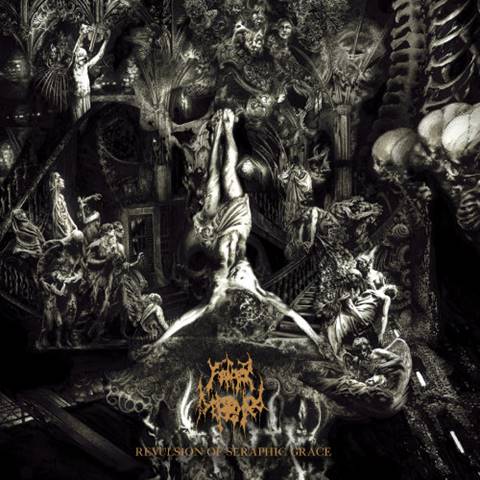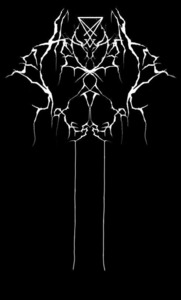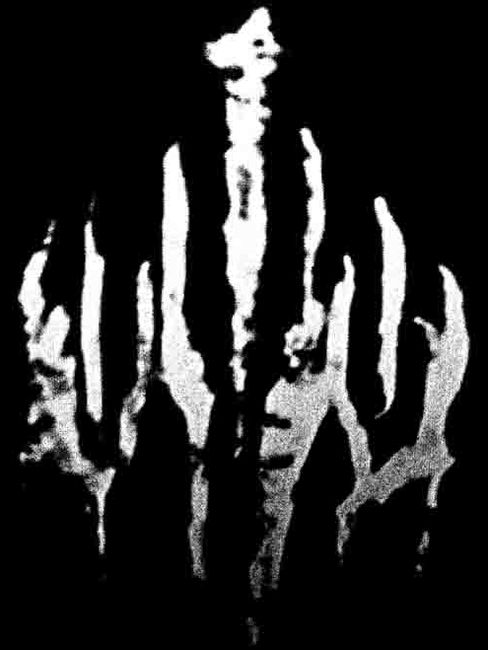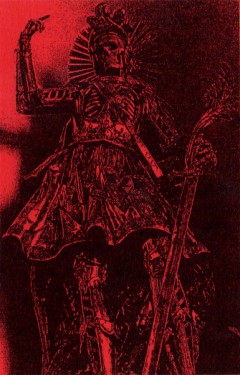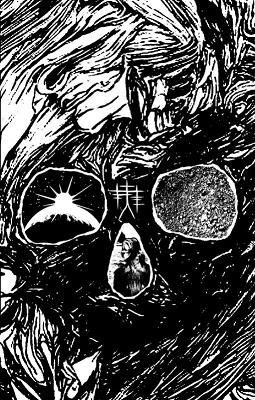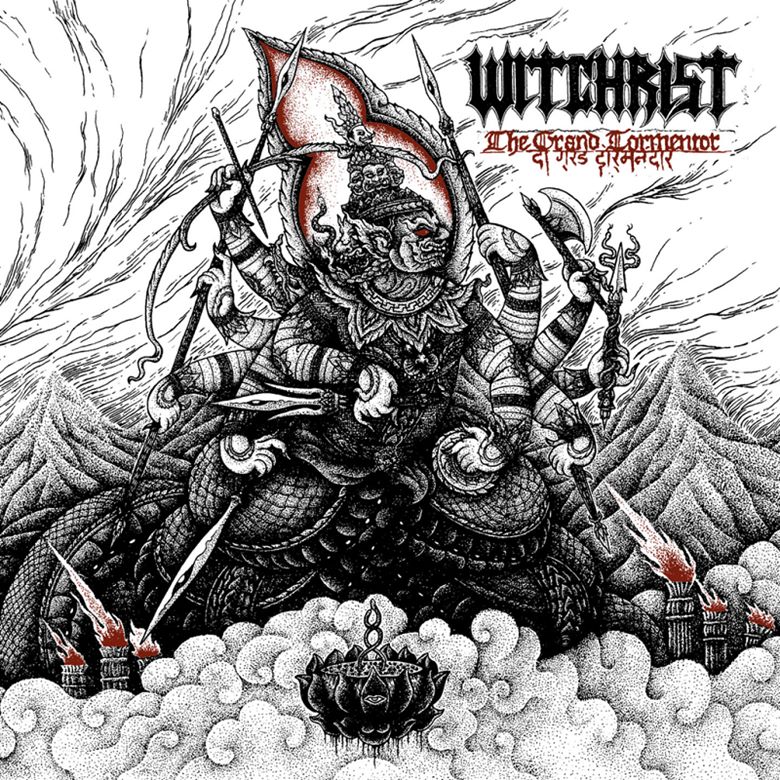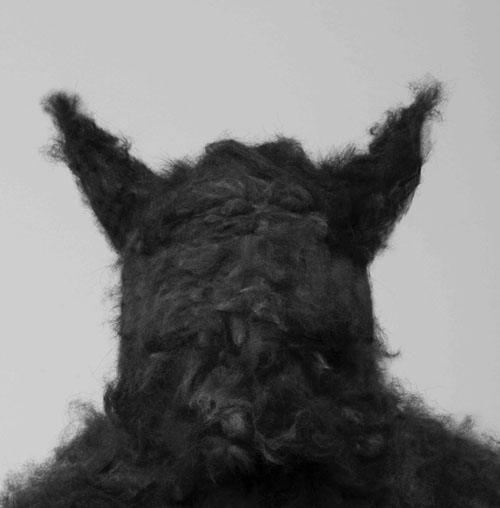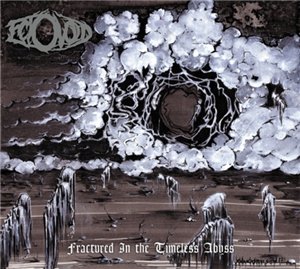Father Befouled- Revulsion of Seraphic Grace
Whether he is summoning pestilential spirits in Black Funeral, divining the bloody remnants of the unborn in Prosanctus Inferi or merely eviscerating the weak in Father Befouled, Jake Kohn is an easy man to figure out: all brutality and death all the time. Perhaps not the most breathtaking career, but one that has endeared him to the Ross Bay Cult-types and aging Death Metal fans who still think that Technical Death Metal is killing the genre. Of all three projects, Father Befouled(which he joined after the band formed) stands out as the most "brass-tacks": while Black Funeral routinely delve into dark, creepy ambiance, and Prosanctus Inferi are so brutal and fast as to be alien, Father Befouled... sound exactly like Incantation. Revulsion of Seraphic Grace is the bands third full-length album of what essentially amount to Incantation-derivatives, as doomy and subterranean as anything Incantation have released, if not anywhere near as classic or intense. And in fairness, Father Befouled have never tried to be anything but an Incantation clone. Artwork, song-titles, lyrics; all none-too-clever nods to the Old New Yorkers and their revolutionary and now endlessly imitated style. So perhaps it's unfair to judge Revulsion of Seraphic Grace as anything but a worship album, a send up to those ancient monsters whom gave life to many a nightmarish soundscape. If we judge it on this criteria, then were does it stand?
It stands, but barely.
It's not all on the album: Incantation worship has grown painfully stale at this point. The market has been thoroughly flooded with albums that sound exactly like this, to the point that it's value and listenability has dropped to almost zero. I'm personally so sick of Incantation worship, it's starting to make it hard to listen to the real thing. But even taking Incantation out of the equation and merely comparing Revulsion of Seraphic Grace to previous Father Befouled albums, it still comes off as trite and de-fanged. Compared to 2010's Morbid Destitution of Covenant, Revulsion sounds positively pussy-footed: the production is the bands cleanest and weakest to date, while the tired and breathy vocals are now loud enough to be annoying rather than scenery. The songs are also universally slower and LONGER, including the ridiculously boring "Triumvirate of Liturgical Desecration," which crawls like a leper with two broken legs across pine-tar for almost 10 minutes. Such self-indulgent song length for what amounts to a tribute album is just completely unnecessary and even worse, god-damn boring. Morbid Destitution of Covenant kept things short and simple, allowing for maximum slaughter at maximum efficiency, which is why it remains a favorite among Incantation-worship albums. For moments at a time, Revulsion delivers some punishing riffs, but the album begins and ends in a blur of "why bother" which is difficult to shake.
At this point, it's hard to imagine we will get much of anything different from Father Befouled: it's what their fans want and it's what these guys want to play. The cycle is in place and no one is really interested in breaking it, including me. Death Metal doesn't get much more dank and rotten than it does on Revulsion of Seraphic Grace, so the question becomes: is dank and rotten enough? Or more importantly, when does dank and rotten just start to mean it stinks like a dead cat by the roadside?
Rating: 5.5/10

